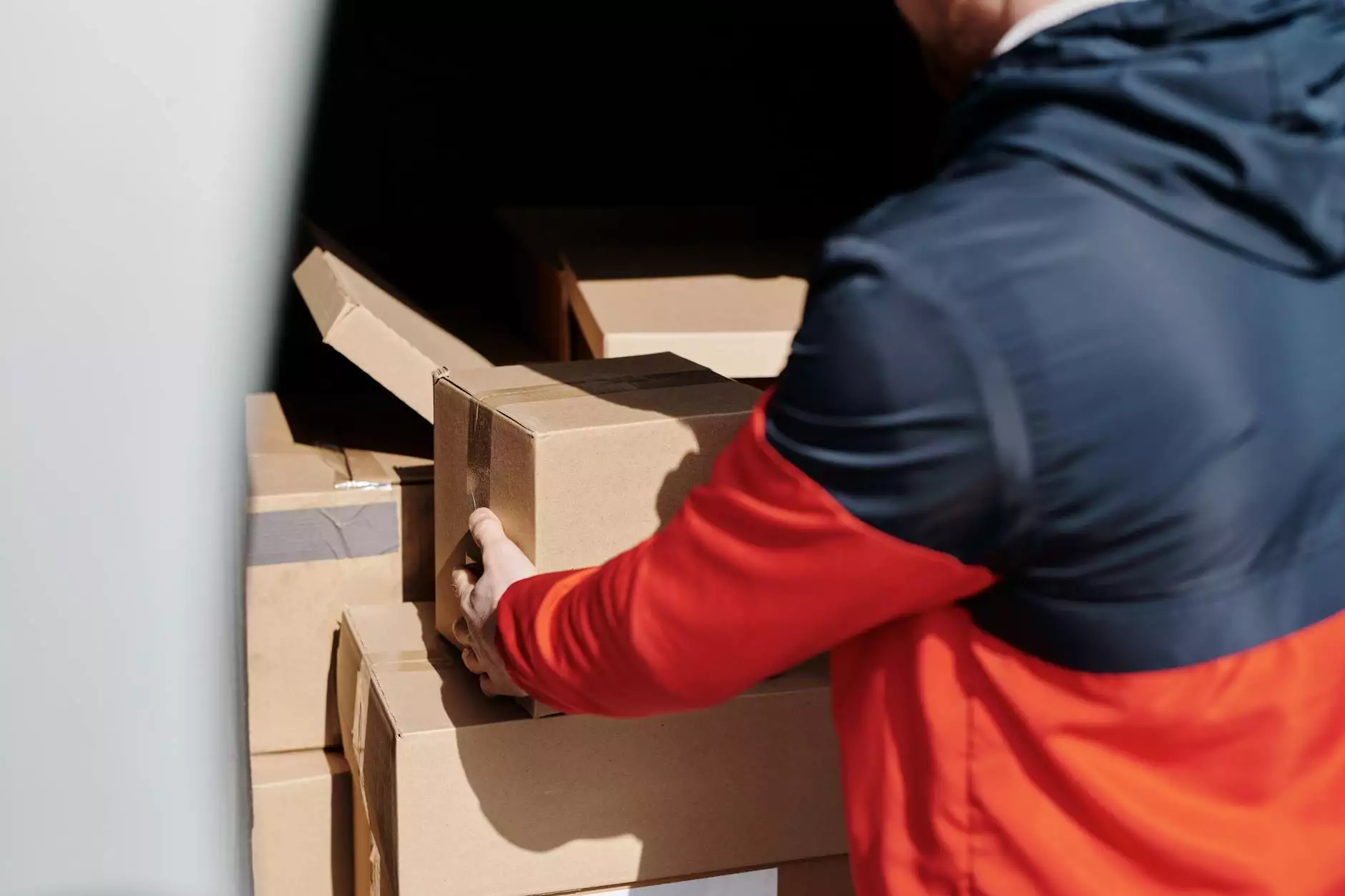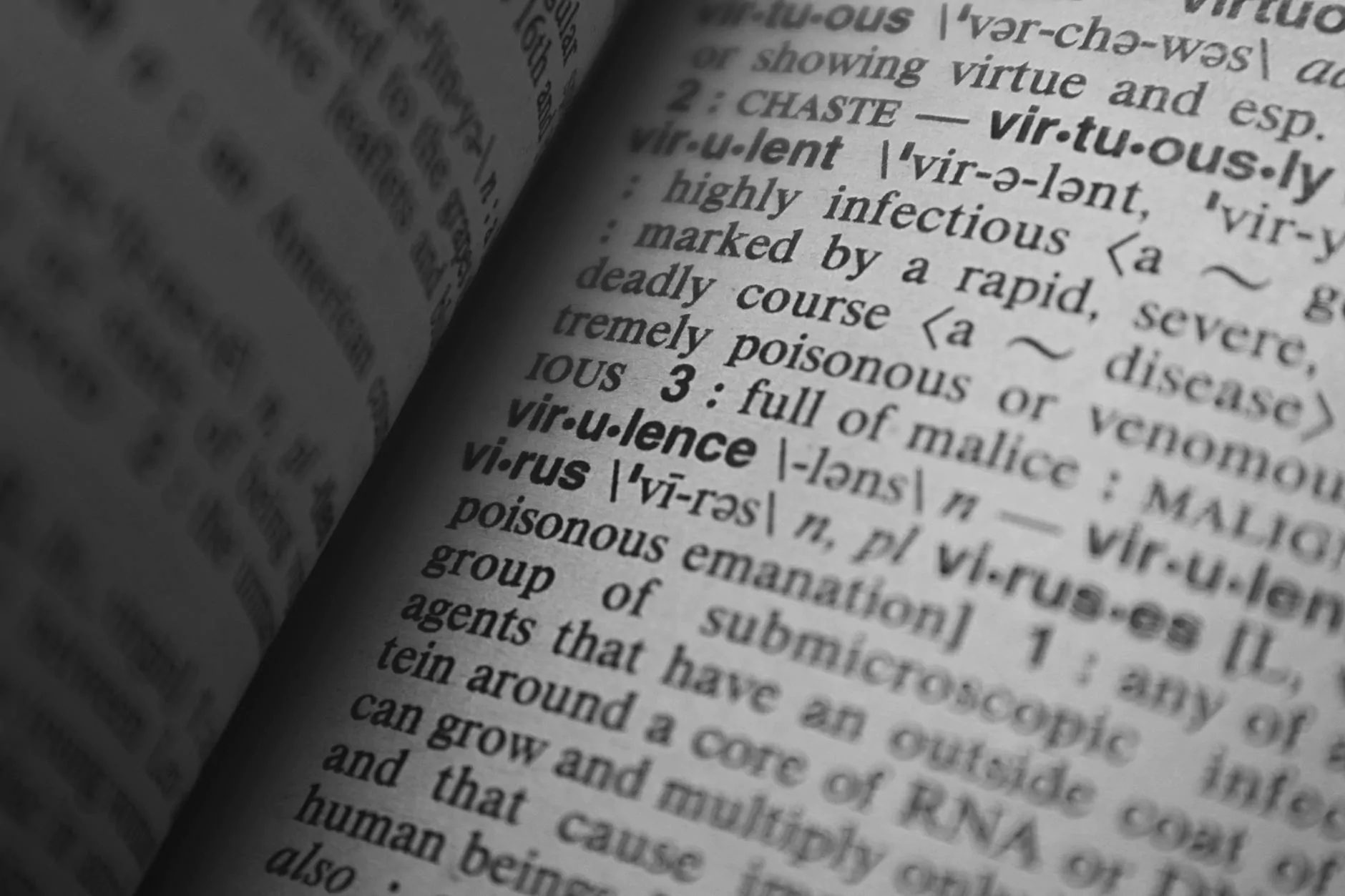The Business of Buying Documents: A Comprehensive Overview

In today's fast-paced world, the demand for various services and products has surged dramatically. One of the niches that have emerged in this digital age is the buy documents sector. This industry encompasses various categories, including fake currency, counterfeit money, and fake documents. Understanding this unique business requires a deep dive into its numerous facets, pitfalls, and the reasons behind its growing popularity.
Understanding the Landscape of Document Buying
The marketplace for buying documents can be quite extensive and complex. Consumers turn to this avenue for various reasons, such as obtaining identification for personal use, enhancing their financial transactions, or even for purposes that may not be strictly legal. Here we will explore the core categories involved in this business.
Types of Documents People Buy
- Fake Currency: The realm of fake money is an alarming yet lucrative subsection of this business.
- Counterfeit Money: A more sophisticated area involving intricate designs that mimic real currency.
- Fake Documents: This broad category includes identification cards, passports, diplomas, and various licenses.
These categories not only represent the types of documents available but illustrate the motivations behind their purchase.
Why Do People Buy Documents?
Understanding the reasons behind individuals purchasing fake or counterfeit documents can shed light on the industry’s demand. A few key motivations include:
- Identity Verification: Some individuals may require alternate forms of identification for travel or employment.
- Financial Transactions: Fake currency might be used in scenarios where individuals are looking to maximize profits through deception.
- Academic Advancement: Obtaining fake diplomas or degrees to impersonate qualifications that may not have been achieved.
The Ethical Implications of Buying Documents
The act of purchasing documents—especially counterfeit or fake ones—raises ethical questions. Here are some points to consider:
- Legal Consequences: Understanding the legal implications is essential. Possessing or using counterfeit documents can lead to significant legal ramifications.
- Impact on Trust: This illegal activity erodes the trust within communities and industries.
- Reputational Damage: Individuals caught using fake documents may face long-term damage to their reputations.
Consumer Awareness in the Document Market
As the business of buying documents grows, so does the necessity for consumer awareness. It is vital for potential buyers to understand the risks involved. They should consider:
- Researching Providers: Ensuring that the provider of documents has a track record of legal and ethical practices.
- Understanding Local Laws: Different regions have varying laws regarding document use and possession.
- Assessing Needs: Clearly defining why a document is needed and exploring legal avenues for obtaining necessary documentation.
Market Trends: Evolving Demand for Fake Documents
In recent years, the online marketplace for buy documents has witnessed significant evolution. Mobile payment systems and digital currencies have paved the way for a deeper integration of these services into mainstream life. Consumers can now connect and transact with greater ease. Furthermore, ongoing technological advancements mean that the quality of fake documents continues to improve, making the purchase a more tempting option for individuals.
The Role of Technology in Document Creation
Technology has significantly impacted the creation of counterfeit and fake documents. Here’s how:
- Advanced Printing Techniques: High-quality printers can produce intricate details that make counterfeit documents more convincing.
- Graphic Design Software: Software enables the manipulation of images and texts to closely resemble official formats.
- Online Access to Resources: The proliferation of online resources allows individuals to access templates and ideas on creating fake documents.
How to Navigate the Risks: A Buyer’s Guide
For those contemplating the purchase of documents, understanding how to navigate this risky landscape is crucial. Here are some tips:
- Seek Authenticity: Always look for tools that can help verify documents.
- Educate Yourself on the Law: Familiarize yourself with local laws and regulations related to document use.
- Consider Temporary Solutions: Explore legal alternatives that may serve your purpose without the need for fake documents.
Alternatives to Buying Fake Documents
While purchasing fake documents may seem appealing, numerous alternatives exist that are both legal and practical. These may include:
- Official Paperwork: Applying for legitimate documents may take longer but provides legal safety.
- Community Resources: Many organizations offer assistance for those in need of identification.
- Online Applications: Various government services now operate online, streamlining the document acquisition process.
Conclusion: The Future of the Document Buying Business
As technology continues to advance and the digital economy grows, the landscape of buying documents will likely evolve. However, potential buyers must exercise caution and think critically about their needs and the implications of their decisions. While the allure of acquiring fake currency and documents remains, a thoughtful and informed approach can lead to better long-term decisions.
To summarize, the business of buying documents is complex and fraught with ethical and legal challenges. As prospective buyers, being informed about the implications and exploring alternative avenues can not only save individuals from legal trouble but also contribute to a more trustworthy society.
At highteclab.com, we strive to provide comprehensive insights into this dynamic industry, equipping readers with the knowledge to make informed choices and navigate the complexities associated with the buying and use of documents.









